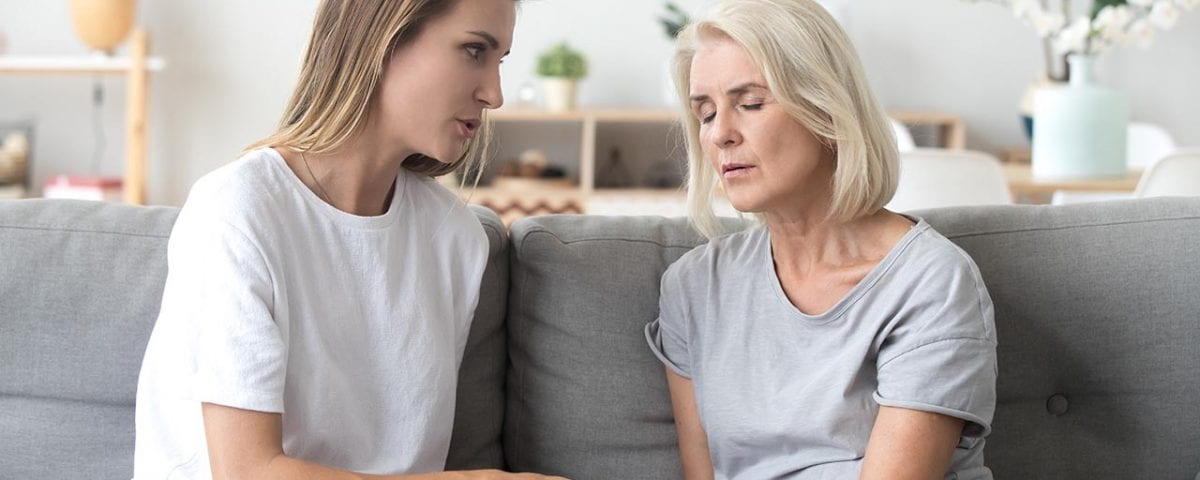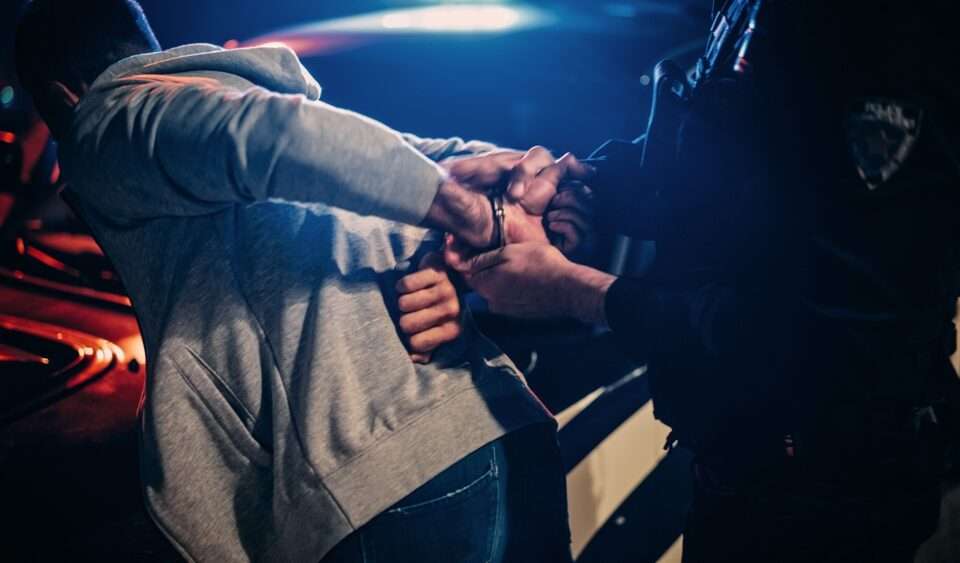When you first hold your newborn baby in your arms, you realize that you have never loved anything more.
You start to imagine all the wonderful possibilities that their future may hold, but you never expect drugs to be a big part of it.
Coping When Your Child Is An Addict
As a parent, you always want what is best for your children; watching your child struggle with a drug addiction can be heartbreaking. You may feel guilty, like it was your fault. While every parent makes mistakes, addiction is the result of several contributing factors and you cannot blame yourself for your child’s substance abuse problems. You also need to remember that addiction is a disease that involves actual changes in the brain that make it much harder for the person to stop their abuse.If your child is a drug addict, it is not your fault, but how you react and what you do next matters.
How to Help A Child with Drug Addiction
Parenthood comes with its challenges, but when your child is addicted to drugs or alcohol, being a parent becomes even harder. Understandably, most people do not know how to parent an addict but the team at Banyan Treatment Centers is sharing some insight on the matter.If your child is an addict, you should:
- Stop making excuses for them
- Be supportive
- Stop enabling their addiction
- Create open communication
- Look at their mental health
- Try to get them help
- Take care of yourself
Stop Making Excuses
You should not wait until your child hits rock bottom to admit that they have a problem or need to get formal substance abuse treatment. It can be normal to want to brush something like this under the rug but doing so is not in the best interest of your child. Many addicts are in denial themselves and if their own parents will not recognize their issue, why should they?Be Supportive
Your first reaction may be anger, but in the best interest of them getting better, you need to be supportive. You want to be by their side throughout their struggles.Stop Enabling their Addiction
There is a fine line between being supportive and enabling an addict. Enabling not only tells your child that their addiction is okay, but also creates toxic family dynamics.Look at Mental Health
A big contributing factor to the development of a substance abuse disorder is poor mental health or mental illness. If you child has an issue but never got mental health treatment, they may have started turning to drugs for comfort or to numb the pain. Addressing these mental health problems could help them with their addiction issues.Create Open Communication
Especially if you believe your child’s substance abuse problem is connected to their mental health, you need to create open communication with them. You want your child to feel comfortable coming to you with their problems instead of having them turn to drugs or alcohol.Ask for Professional Help
If your child is an addict, you likely cannot handle this all on your own. It is okay to recruit outside help and try to get your child into a professional rehab program. Keep in mind that even with a drug intervention, you may not be able change your child if they are not willing.Help Yourself
As much as you want to help your child, you need to also help yourself. Putting all of your efforts into caring for an addicted child can be draining and damaging to your own mental and physical health. Reach out to loved ones for support or get professional help for yourself if you need it.If your child is an addict or you struggle with substance abuse yourself, it is okay to ask for help. At Banyan Treatment Centers, we will walk you and your loved ones through every step of the process. Reach out to us today at 888-280-4763.




















